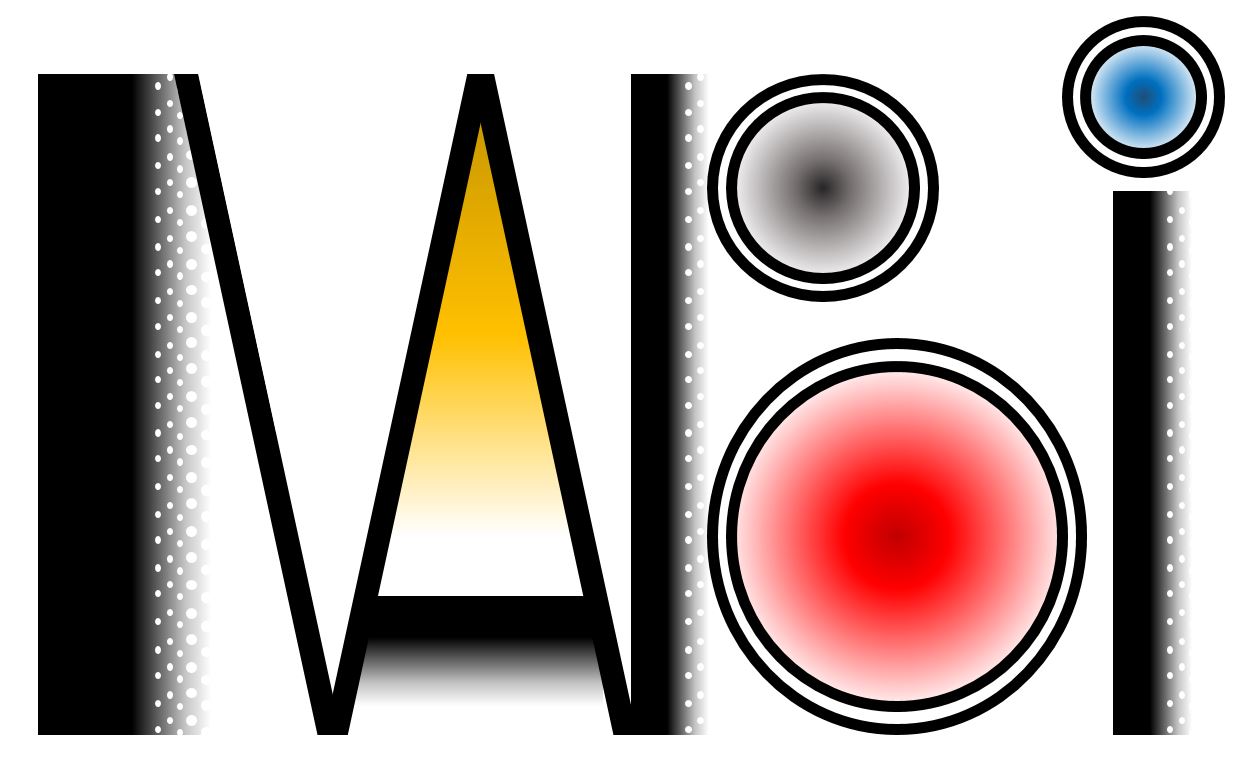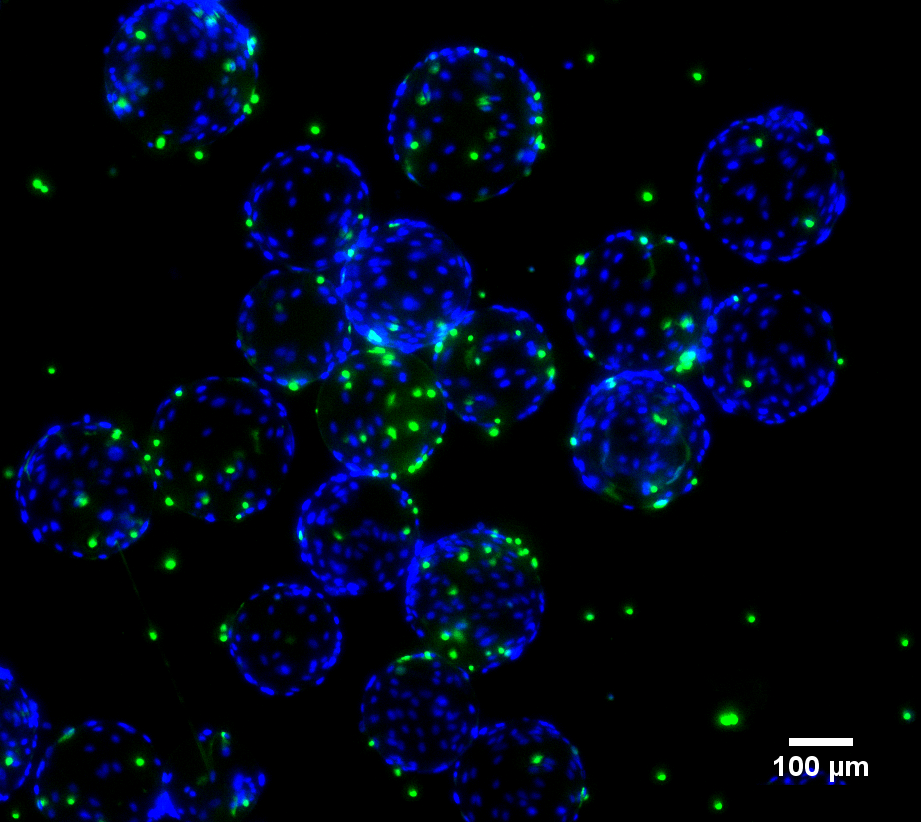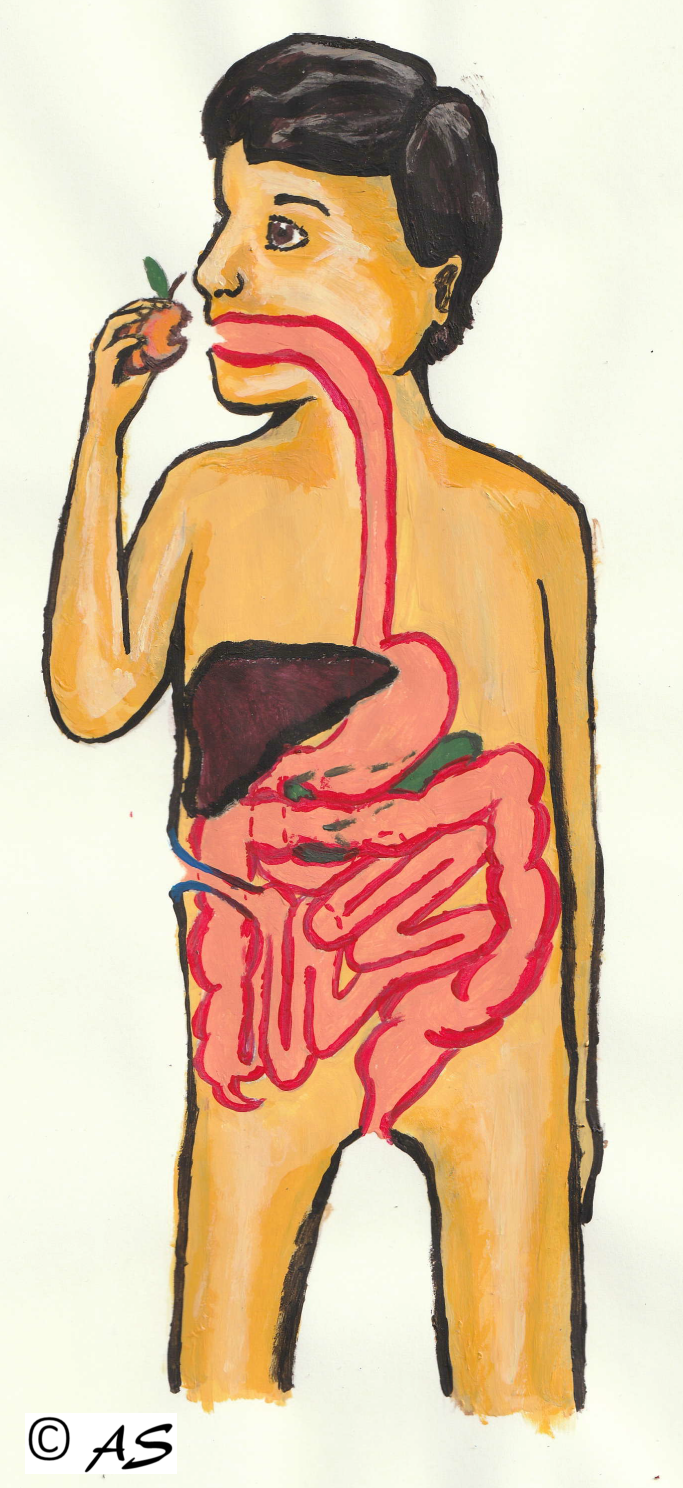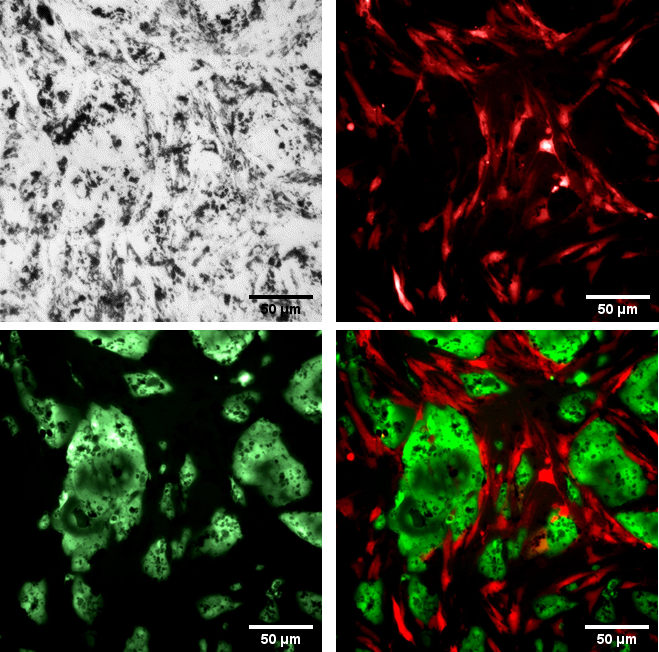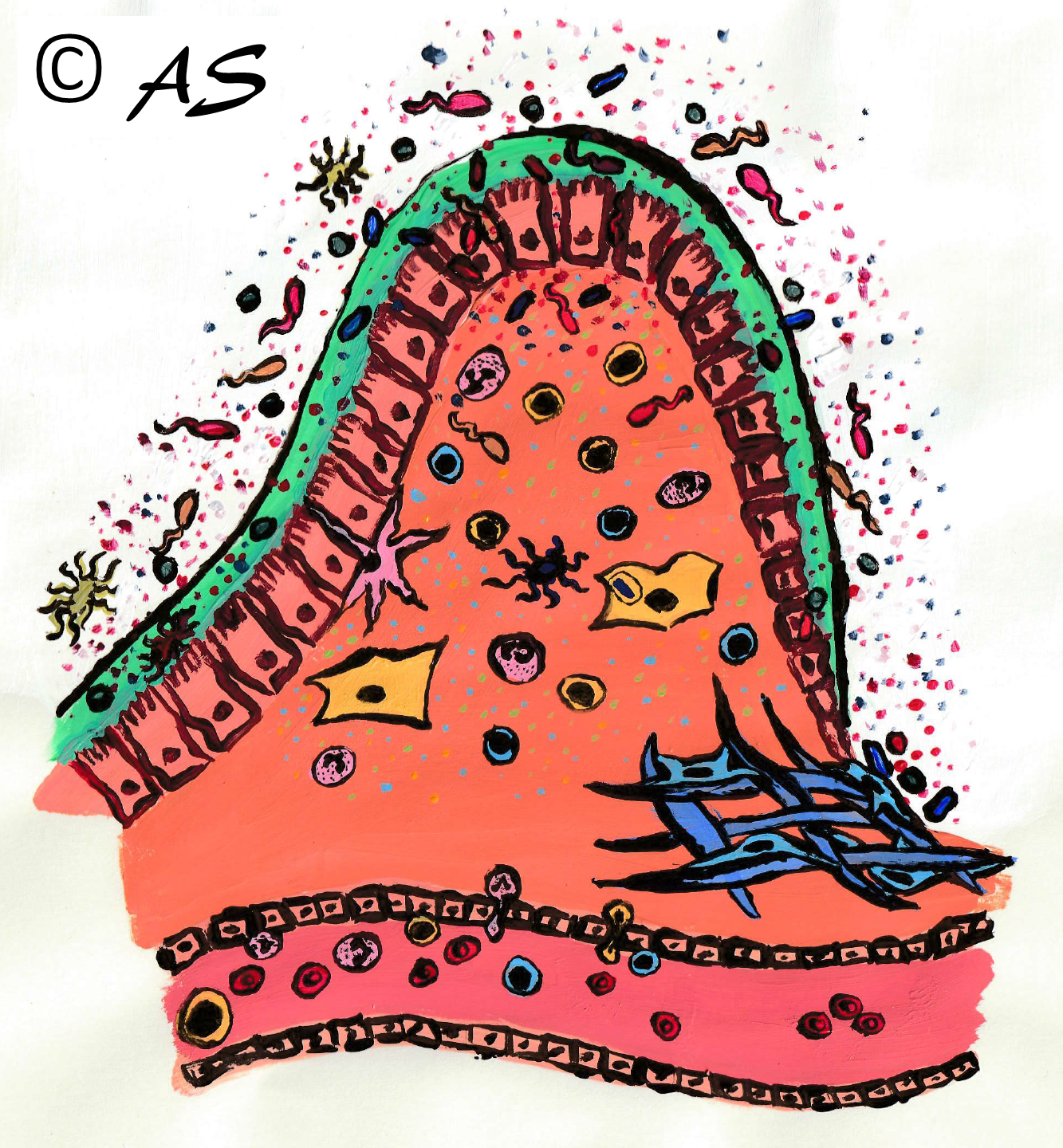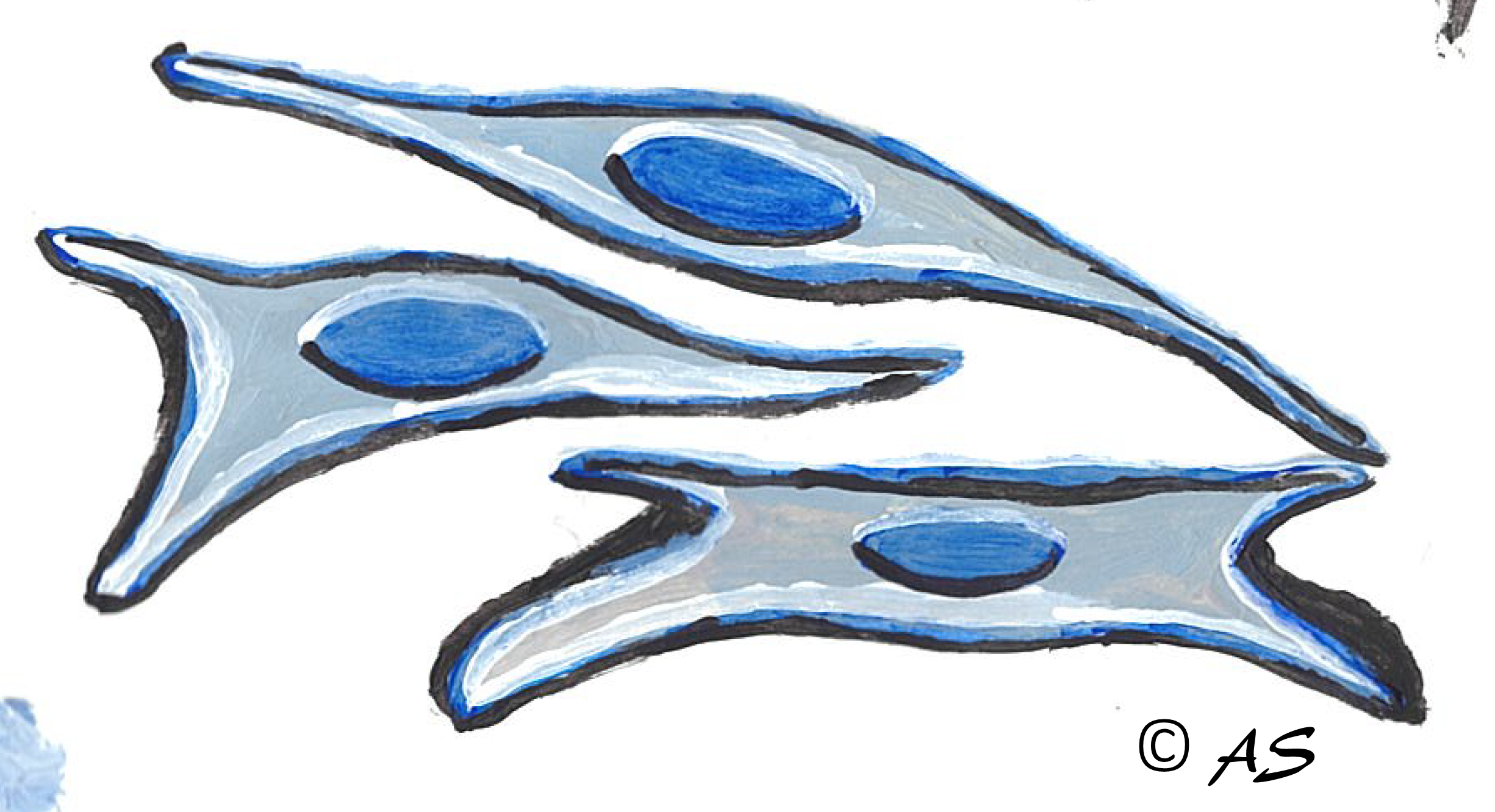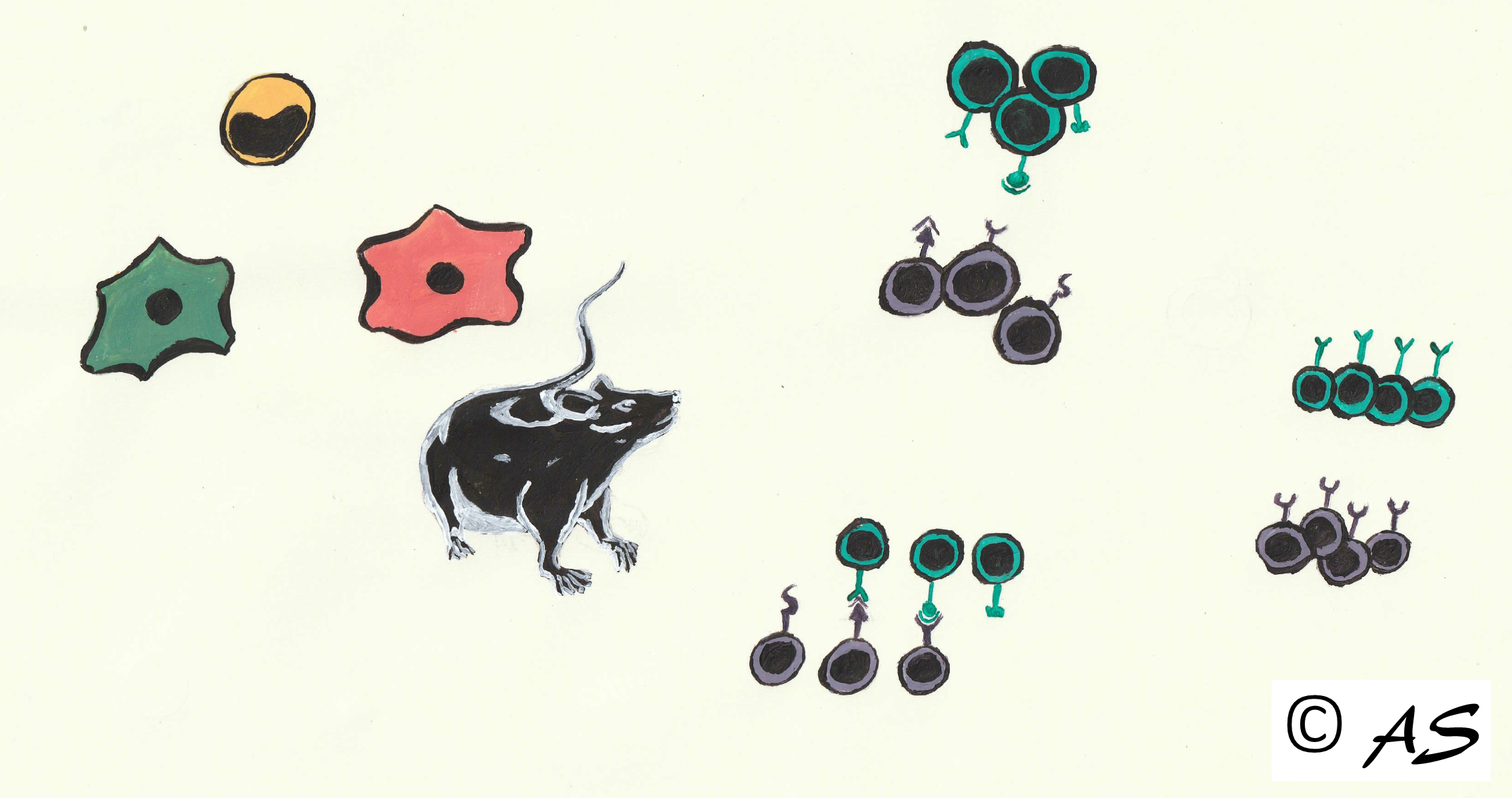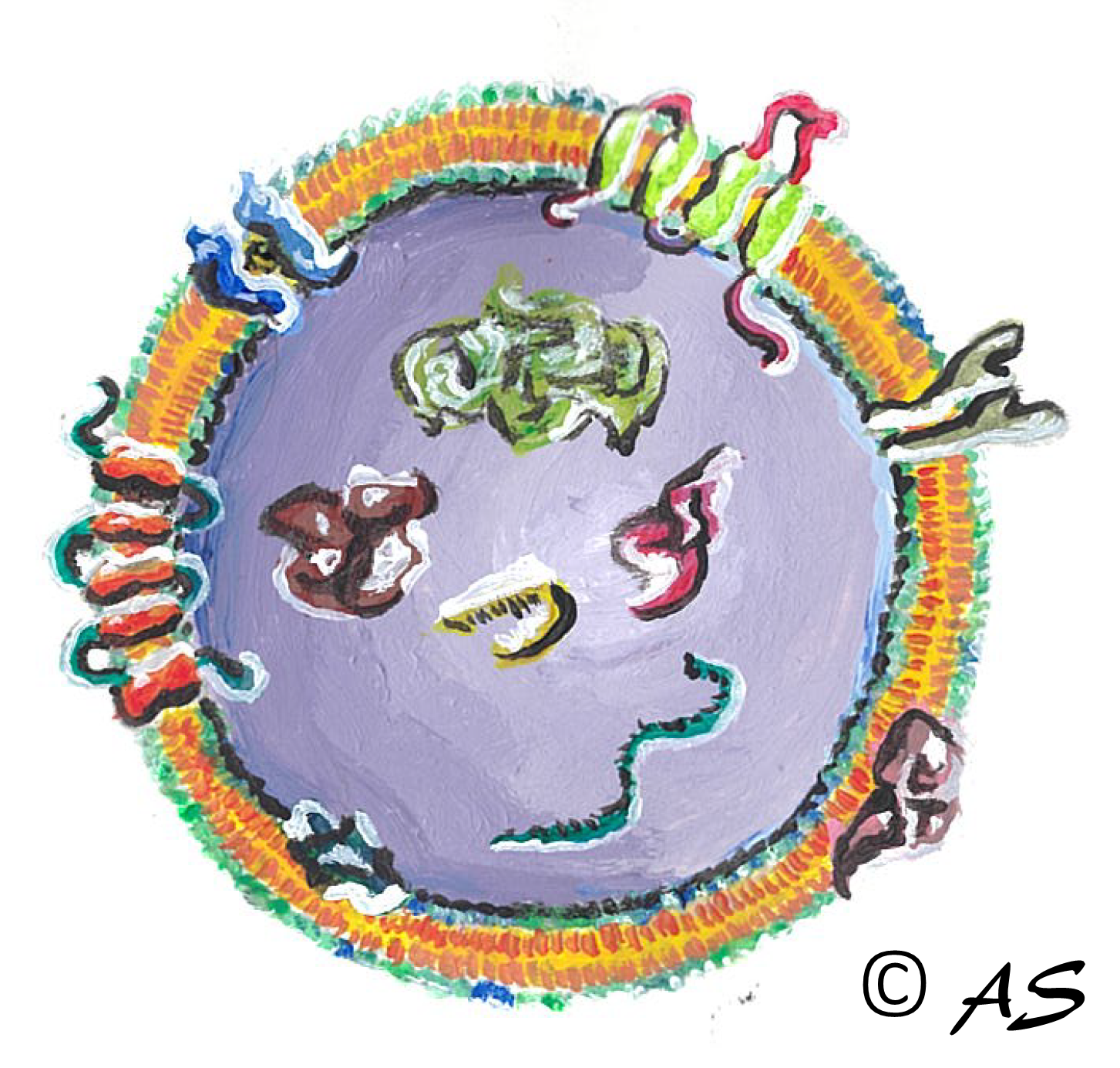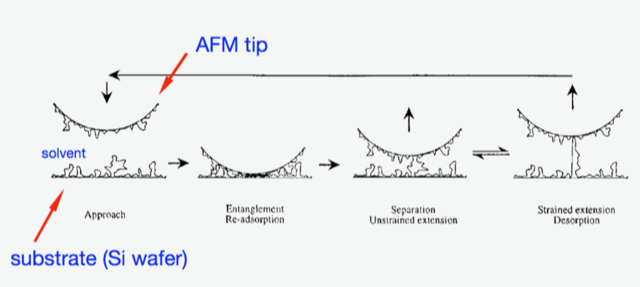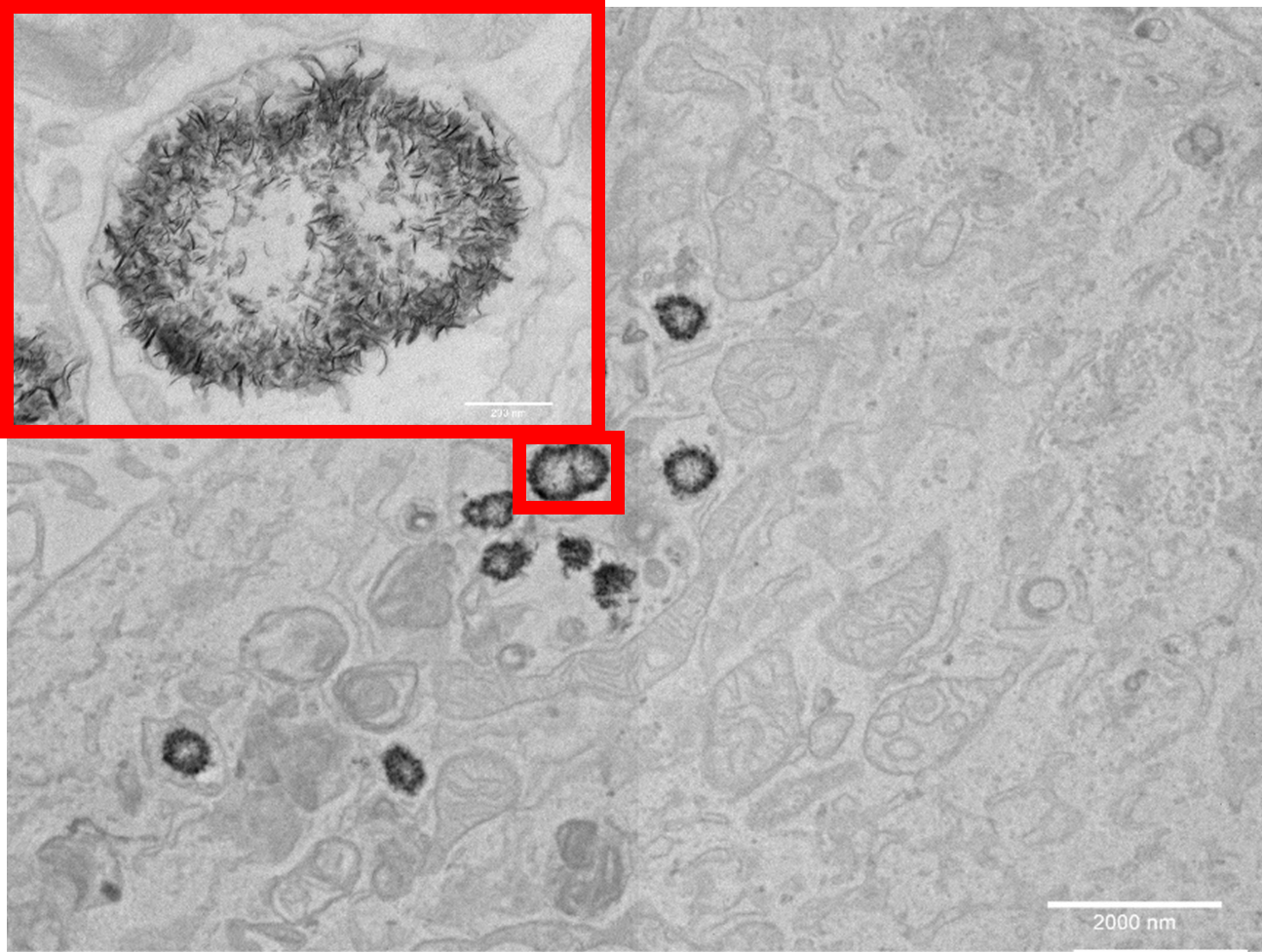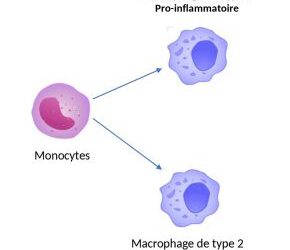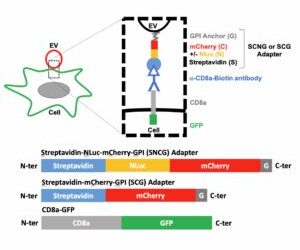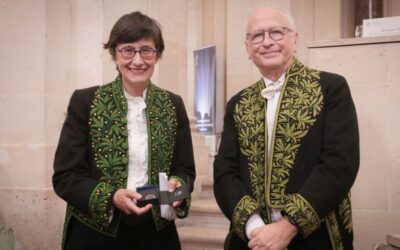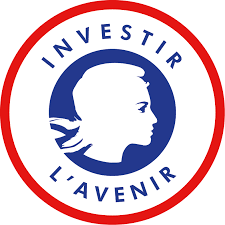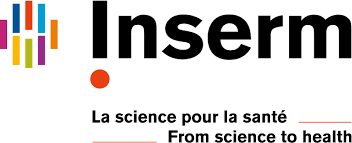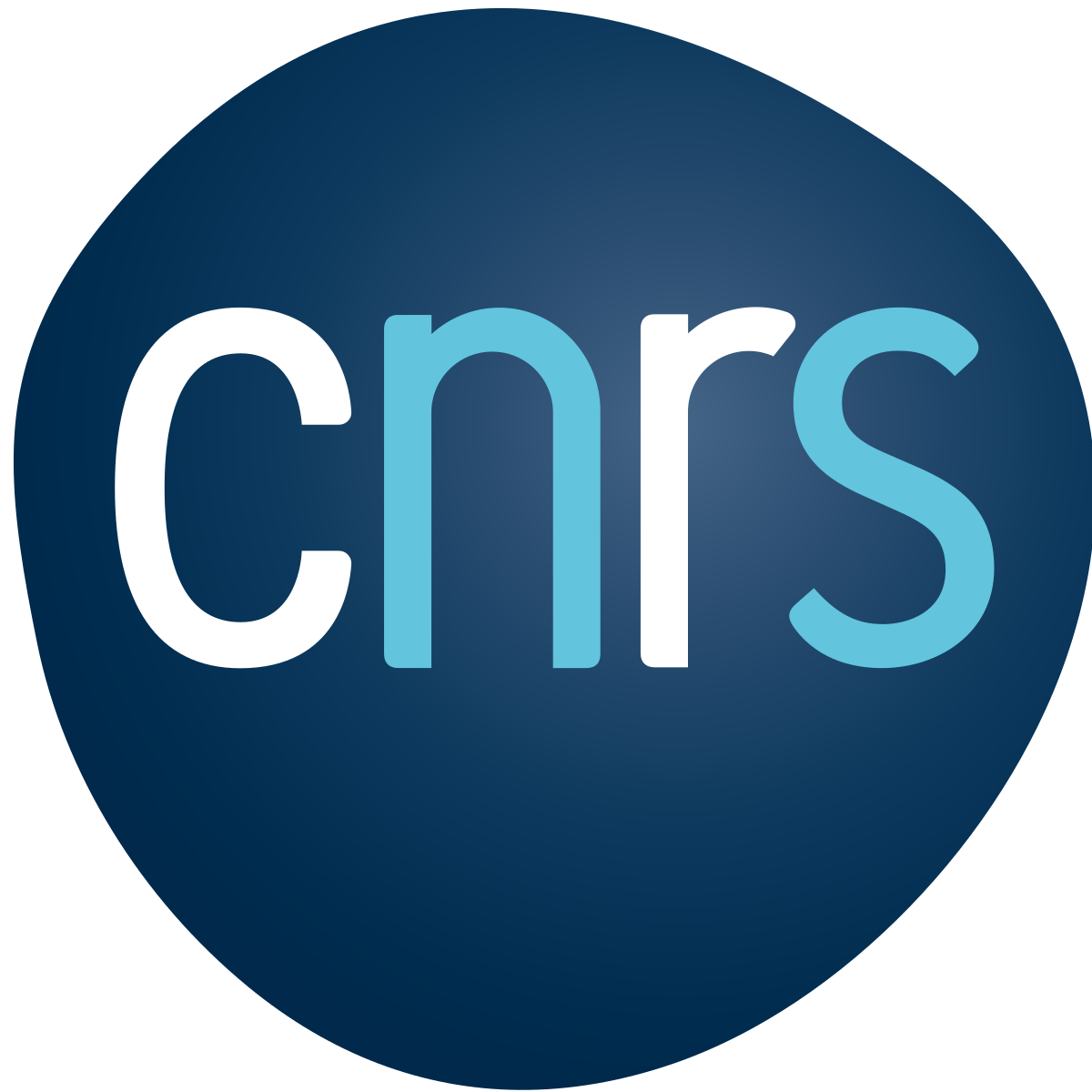Nabi – Nanomédecine, Biologie Extracellulaire, Intégratome et Innovations en Santé
NABI Laboratory: Mission and Objectives
The NABI Laboratory (Nanomedicine, Extracellular Biology, Integratome, and Health Innovations), established on January 1, 2025, by Université Paris Cité, CNRS, and INSERM, aims to develop next-generation therapeutic approaches and make them accessible to the greatest number of patients.
Through interdisciplinary research and our technology accelerator, the IVETh Bioproduction and Biotherapy Integrator, our ambition is to democratize biotherapies and de-risk their bioproduction.
Our Objectives
Understanding the role and fate of exogenous and endogenous nanoparticles in the body
- Investigate their properties, transformations, and impact within the organism.
- Decipher intercellular communication mechanisms involving biological nanoparticles (extracellular vesicles, viral particles, mitochondria, etc.).
Developing innovative (bio)therapies
- Leverage biological nanoparticles as therapeutic vectors in nanomedicine or as alternatives to cell therapies.
- Optimize immunotherapies and other precision treatments through external physical control.
- Overcome treatment resistance mechanisms with innovative delivery strategies.
Integrating bioproduction challenges
- Develop robust, controlled, and eco-friendly processes for the production of biological nanoparticles for therapeutic use.
- Ensure the reproducibility, safety, and scalability of manufacturing processes through AI-driven optimization for industrial and clinical transfer.
- Develop quality control methods at the nanometric scale.
Facilitating the transfer of innovations to clinical applications
- Transform scientific breakthroughs into concrete medical applications.
- Bridge the gap between fundamental research and clinical trials to directly benefit patients.
Promoting an interdisciplinary and collaborative approach
- Bring together researchers in engineering, physics, biology, medicine, chemistry, and AI for an integrated approach.
- Develop partnerships with academic institutions and industry to accelerate innovation.
Addressing global and planetary health challenges
- Contribute to disease prevention and treatment by developing safer, more effective, and more targeted therapies.
- Integrate environmental and ethical considerations into the development of nanomedicines and bioprocesses.
The NABI Laboratory is committed to pushing the boundaries of nanomedicine to make biotherapies accessible to all and to secure their large-scale production.
News
Mahshid Hashemkhani, post doctorante au laboratoire est lauréate du Prix L’Oréal-UNESCO Jeunes Talents
La Fondation L’Oréal, en partenariat avec l’Académie des sciences et la Commission nationale française pour l’UNESCO, a annoncé le 8 octobre, pour la 19ème année consécutive, le palmarès du Prix Jeunes Talents France 2025 L’Oréal-UNESCO Pour les Femmes et la Science. Cette édition met à l’honneur 34 doctorantes et post-doctorantes dont les recherches prometteuses sont essentielles pour relever les défis scientifiques de demain. Parmi elles Mahshid Hashemkhani, post-doctorante au laboratoire NABI
Reprogrammer des cellules immunitaires pour optimiser les stratégies d’immunothérapie
Contrôler le comportement des cellules immunitaires permet de traiter des cancers. Mais la réponse immunitaire obtenue est complexe et difficile à prévoir. Grâce à des nanoparticules métalliques, les laboratoires Nabi et LCBPT ont développé un test de criblage couplé à des techniques d’analyse statistique pour mieux comprendre comment et dans quelles directions les cellules immunitaires peuvent être reprogrammées. Ces résultats sont publiés dans la revue Advanced Science.
Du dioxyde de titane dans le lait maternel
La revue Science of the Total Environment publie un article issu d’une collaboration entre chercheurs de l’INRAE de l’AP-HP, du Synchrotron SOLEIL, et du CNRS, dont des chercheurs de notre Laboratoire (NABI) démontrant la présence de dioxyde de titane dans le lait maternel
Candidatures ouvertes pour un programme de formation soutenu par l’UNESCO
La laboratoire NABI et la Plateforme IVETH de fabrication et caractérisation de nanovésicules lancent avec l’UNESCO un programme de formation de jeunes chercheurs en nano Vésicules Extracellulaires (EVs). Ce programme est destiné aux jeunes chercheurs/chercheuses africain.e.s, les candidatures sont ouvertes via le site de l’UNESCO https://lnkd.in/exMycq2R
Une technologie innovante brevetée permettant de cibler les vésicules extracellulaires vers des cellules spécifiques.
Réception de Florence Gazeau à l’Académie des Sciences
Image d’une lame virtuelle de moelle osseuse. © Tous droits réservés Le 3 juin 2025 a eu lieu sous la coupole de l'Académie, quai Conti, la réception de la nouvelle promotion d'Académicien.ne.s des Sciences élu.e.s en 2025, sous la Présidence de Mme Françoise Combes....
Les inscriptions sont ouvertes pour le Workshop Peritoneal carcinomatosis
Le workshop sur la carcinose péritonéale est co organisé par des membres du laboratoire NABI. Il réunit les spécialistes de cancers intra péritonéaux, invités à présenter leurs derniers résultats et avancées en matière de traitement. Les résumés peuvent être adressés à karima.aitaissa@inserm.fr
Lucile Alexandre lauréate du programme MEDNIGHT
Lucile Alexandre participe vendredi 14 février 2025 à la table ronde du Learning Planet Institute, 8 bis rue Charles V, 75004 Paris, sur les femmes en sciences. Lucile a également été sélectionnée pour le projet MEDNIGHT, mettant en avant les femmes scientifiques méditerranéennes.
Florence Gazeau élue à l’Académie des Sciences
Shéryl Bui Lauréate du Prix UNESCO-L’Oréal Jeunes Talents (France)
Shéryl Bui, post doc au laboratoire MSC, a reçu le prix L’Oréal UNESCO Jeunes Talents 2024, dans la mention biotechnologie pour la santé.
